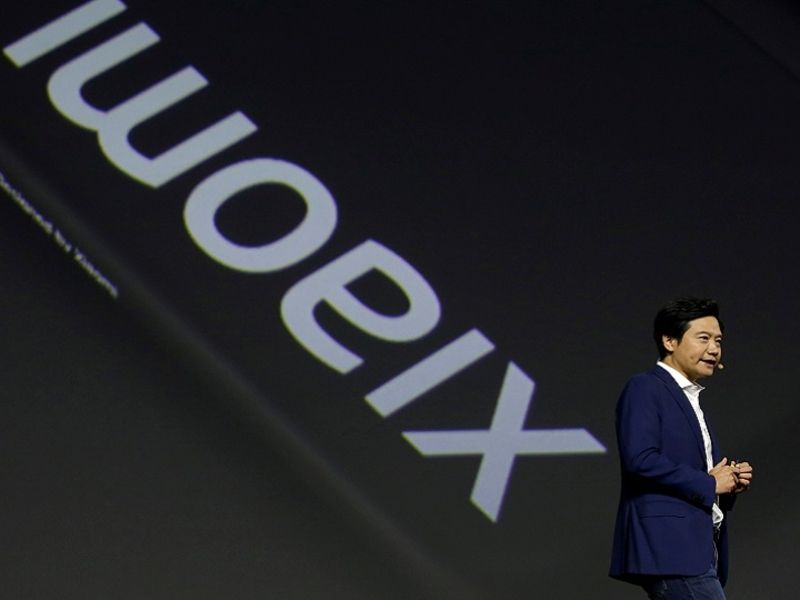
Xiaomi Corp. plans to invest about $10 billion over the next decade to manufacture electric cars, embarking on its biggest-ever overhaul to enter China’s booming EV market.
Billionaire co-founder and CEO Lei Jun will lead a new standalone division that will invest an initial 10 billion yuan ($1.5 billion) on smart vehicle manufacturing, the company said in an exchange filing.
The Chinese smartphone maker joins tech giants from Apple Inc. to Huawei Technologies Co. in targeting the vehicle industry, betting future cars will grow increasingly autonomous and connected.
Depending on progress, Xiaomi could end up investing a total 100 billion yuan in the project in as little as three years, taking external financing into account, a person familiar with the matter told Bloomberg News before the announcement. The company will contribute about 60 percent of the envisioned sum and plans to raise the rest of the funds, said the person, who asked not be identified because the plans are private.
“We have a deep pocket for this project,” Lei said at an event in Beijing. “I’m fully aware of the risks of the car-making industry. I’m also aware the project will take at least three to five years with tens of billions of investment.”
Xiaomi doesn’t plan to invite outside investors to the project as the company aims to take full control of the car-making business, Lei said. “This will be the last startup project in my career.”
Xiaomi becomes the latest to pile into an already crowded arena, where an array of automakers from Tesla Inc. to local upstarts Nio Inc. and Xpeng Inc. are battling for a slice of the world’s biggest EV market. Search giant Baidu Inc. and Geely Automobile Holdings Ltd. are also said to be teaming up to build electric cars. EV sales in China may climb more than 50 percent this year alone as consumers embrace cleaner automobiles and costs tumble, research firm Canalys estimates.
The Beijing-based company will outsource car assembly to contract manufacturers, a model it uses for its smartphones, according to the person. Xiaomi relies on contract manufacturers such as Taiwan’s Foxconn Technology Group to make its mobile devices.
However, the company has no plans to choose “established” automakers for its manufacturing partners, the person said. Great Wall Motor Co. last week rejected a Reuters report it will help Xiaomi make EVs.
Lei led a review of the EV industry’s potential several months ago and a final decision to enter the arena was made in recent weeks, said another person familiar with the matter. Xiaomi has already hired engineers to work on software to be embedded in its cars, the person added.
It’s venturing into unfamiliar territory. The smartphone maker also had just under 100 billion yuan of cash and equivalents at the end of 2020.
Founded by Lei more than a decade ago, Xiaomi became the fastest-growing smartphone maker in China in the fourth quarter of last year after Huawei found it difficult to source key chips because of U.S. sanctions. The company is expected to unveil several new models in its flagship MIX smartphone lineup on Tuesday.
Beyond mobile devices, it’s best known for running internet services and making a range of cut-price home gadgets from rice cookers to robo-vacuums.